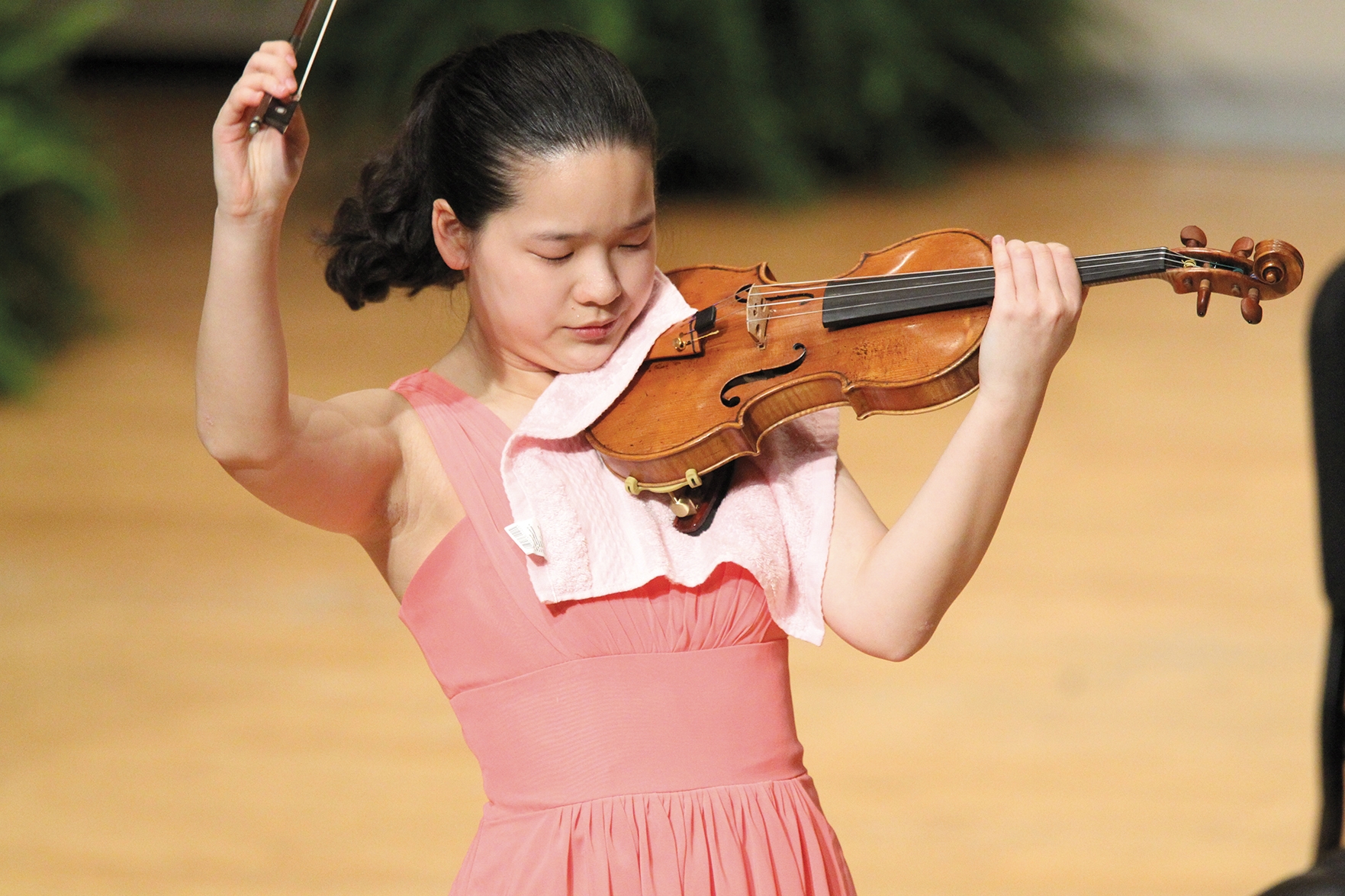Had he not won a Gold Medal at the Stulberg International String Competition in 1979, Anthony Ross isn’t sure where his career would have gone.
Ross, a Kalamazoo native and principal cellist with the Minnesota Symphony Orchestra, said it was a “neat” experience to win, especially because it was in front of a hometown crowd. This year, he will return to Kalamazoo to serve as one of three judges at the 43rd annual competition.
“I see these competitions as career-starters, not necessarily career-makers,” Ross said. “Some of the greatest cellists in history never won a lot of competitions. The most important thing is the process of getting there and preparing well.”
The competition is open to students of the violin, viola, cello or double bass, who are age 19 or younger.
Margaret Hamilton, executive director of the Stulberg, said the event is unique because it focuses on younger musicians as opposed to other competitions that are open to a broader range of ages. She said it gives younger musicians opportunities to test their competitiveness and see if this is the life they want to lead.
“We want to make it supportive and nurturing, but it is a competition,” Hamilton said. “Many of our contestants have said they figured out at the Stulberg that this is what (they) want to do. Most of these artists have been studying since they were small children and they’ve put in a lot of hard work.”
Ross, who began playing the piano at age 4, said he didn’t start playing the cello until he was 10 years old. In some ways, that worked to his advantage because he was able to play a full-size cello.
He started playing at the urging of his parents, both economists, who grew up during the Great Depression and weren’t able to learn to play an instrument. They both had a lifelong love of music and made sure that each of their four children had the opportunities they did not.
“I played the cello because I was low on the instrument food chain in my family,” Ross said.
“My older brother and younger sister played the violin, and my older sister played the viola and the piano.”
Despite having a ready-made string quartet, the siblings never performed together. Unlike his brother and sisters, Ross decided to pursue a career as a professional musician and credits his teacher, Mary Butler, with preparing him for competitions like the Stulberg and what followed.
“(The Stulberg) really motivates you to be a better musician and a better cellist because of the competition,” Ross said. “There’s no point in going unless you want to win. I’ve been in numerous competitions and when I got second or third or fourth place, that helped just as much as the Stulberg. It’s a special thing for young people.”
Hamilton said 12 semi-finalists were selected from more than 200 applicants to participate in this year’s competition.
“Most of them are studying here in the states,” she said. “Some are Americans and some are citizens of other countries.”
Hamilton said the contestants choose the selections they will perform from a standard repertoire of classic works composed for stringed instruments. During the competition, they are accompanied by a pianist.
“This year, we received a lot of applications from students playing Sergei Prokofiev. The last couple of years we’ve had a lot by Jean Sebelius,” Hamilton said. “We also have works by classic composers like Brahms, so every year, we usually get a nice variety.”
Contestants arrive on May 17 and spend the day rehearsing with the competition’s pianist. May 18 is devoted to the semifinals, with the finals competition taking place that evening.
“It’s a pretty fast turnaround,” Hamilton said. “I always liken it to the Olympic time trials.”
A postscript to the competition will feature Ross and his fellow judges Aaron Dworkin, a professor of arts leadership and arts entrepreneurship at the University of Michigan, and Scott St. John, a member of the St. Lawrence String Quartet, leading Stulberg Master Classes at the Dalton Center on May 19.
Hamilton said Ross and other previous Stulberg winners are proof that “you can launch your career in Kalamazoo.”
“To be chosen means that you already have beaten the odds and you have everything it takes to make it in a very tough competition. It shows a certain level of performance, commitment and achievement,” Hamilton said.
43rd Stulberg International String Competition
Dalton Center Recital Hall, Western Michigan University
Van De Giessen Rd. #3001, Kalamazoo
May 18, 7:30 p.m., $20
stulberg.org





